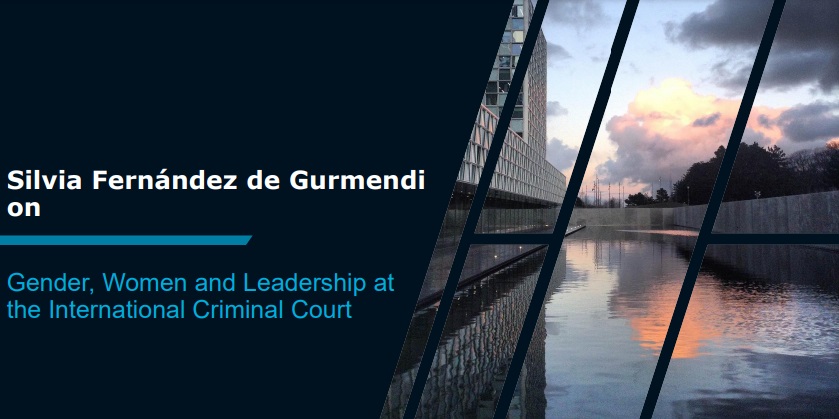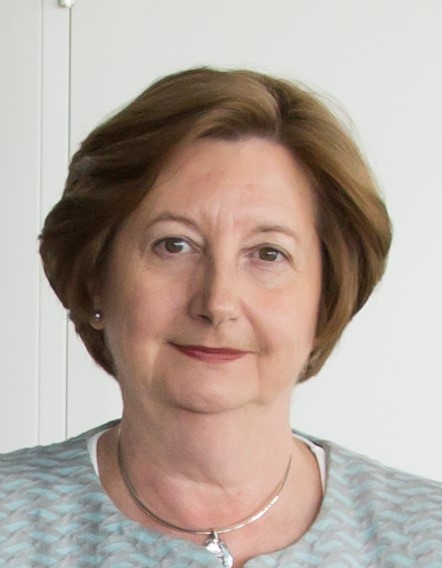
8th October 12:00 CEST (online lecture)
Dr. Silvia Fernández de Gurmendi is a career diplomat and former International Criminal Court judge and president with over thirty years of experience in international criminal law, humanitarian and human rights law. Since February 2021, she has been serving as the President of the Assembly of States Parties to the Rome Statute of the International Criminal Court. She served as a judge of the ICC between 2010 and 2018, and as President of the ICC between 2015-2018. Prior to serving as a judge at the ICC she also worked in the Office of the Prosecutor at the ICC between 2003-2006 as Chef de Cabinet and later as the first Director of the Jurisdiction, Complementarity and Cooperation Division (2003-2006).
She was involved in the creation, set up and functioning of the ICC in various capacities for most of her career. In this regard, between 1995-1998 she served as Vice President of the Ad Hoc Committee and the Preparatory Committee on the Establishment of the ICC, which led to the Rome Conference. In 1998 at the Rome Conference she served as the Vice President of the Committee of the Whole (the negotiating forum) and President of the Working Group on criminal procedures. Between 2001-2002, within the Preparatory Commission of the ICC, Dr Fernández de Gurmendi served as President of the working group on the crime of aggression and as President of the ‘interlocutor mechanism’. The latter comprised a group of experts established to prepare the practical set up of the Court in coordination with the Netherlands, the host country.
This talk will focus on gender, women and leadership at the International Criminal Court. As President of the ICC, Dr Fernández de Gurmendi focused on promoting reforms to improve the efficiency and effectiveness of the institution. With a view to facilitating the evaluation of the activities of the Court and to increase efficiency, she developed both qualitative and quantitative performance indicators, to measure the activities of the Court in key sectors such as judicial proceedings, administration, security and access of victims to justice. As President she also oversaw a collective review of judicial proceedings by the judges, the development of an ICC case law database, and efforts to enhance court-wide cooperation.









